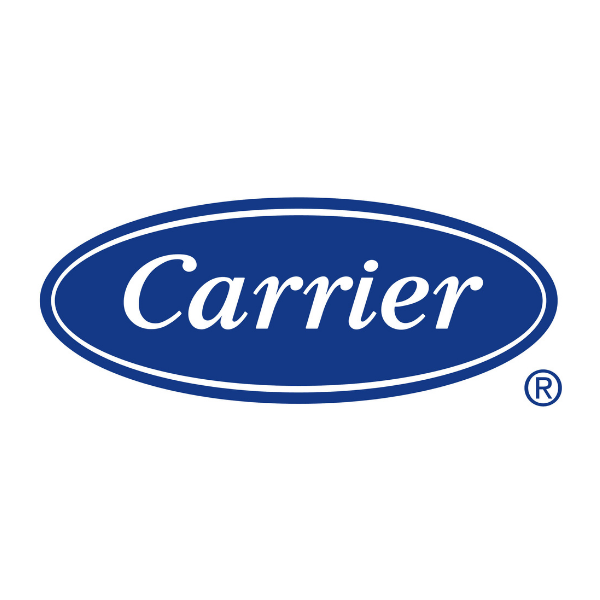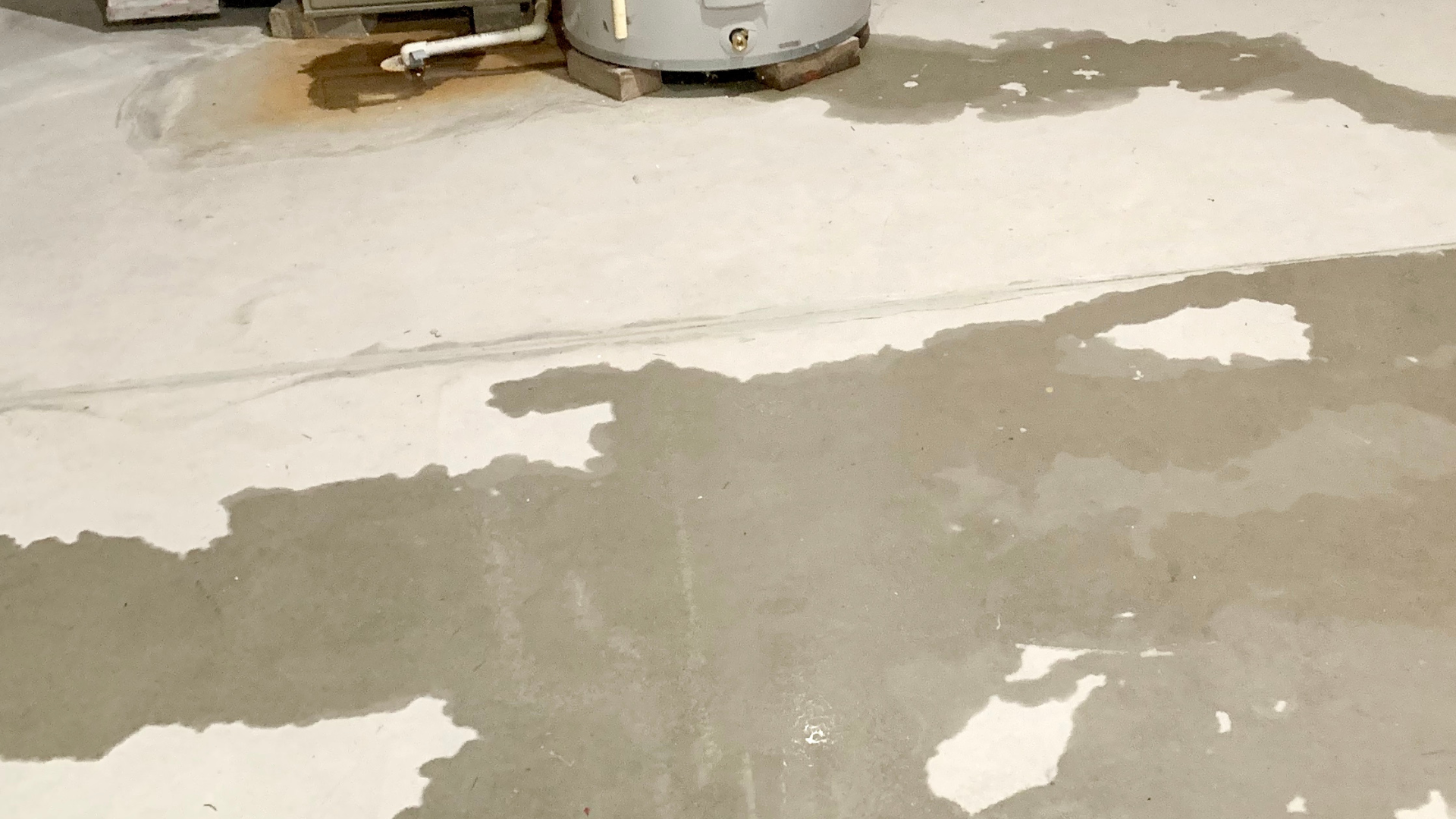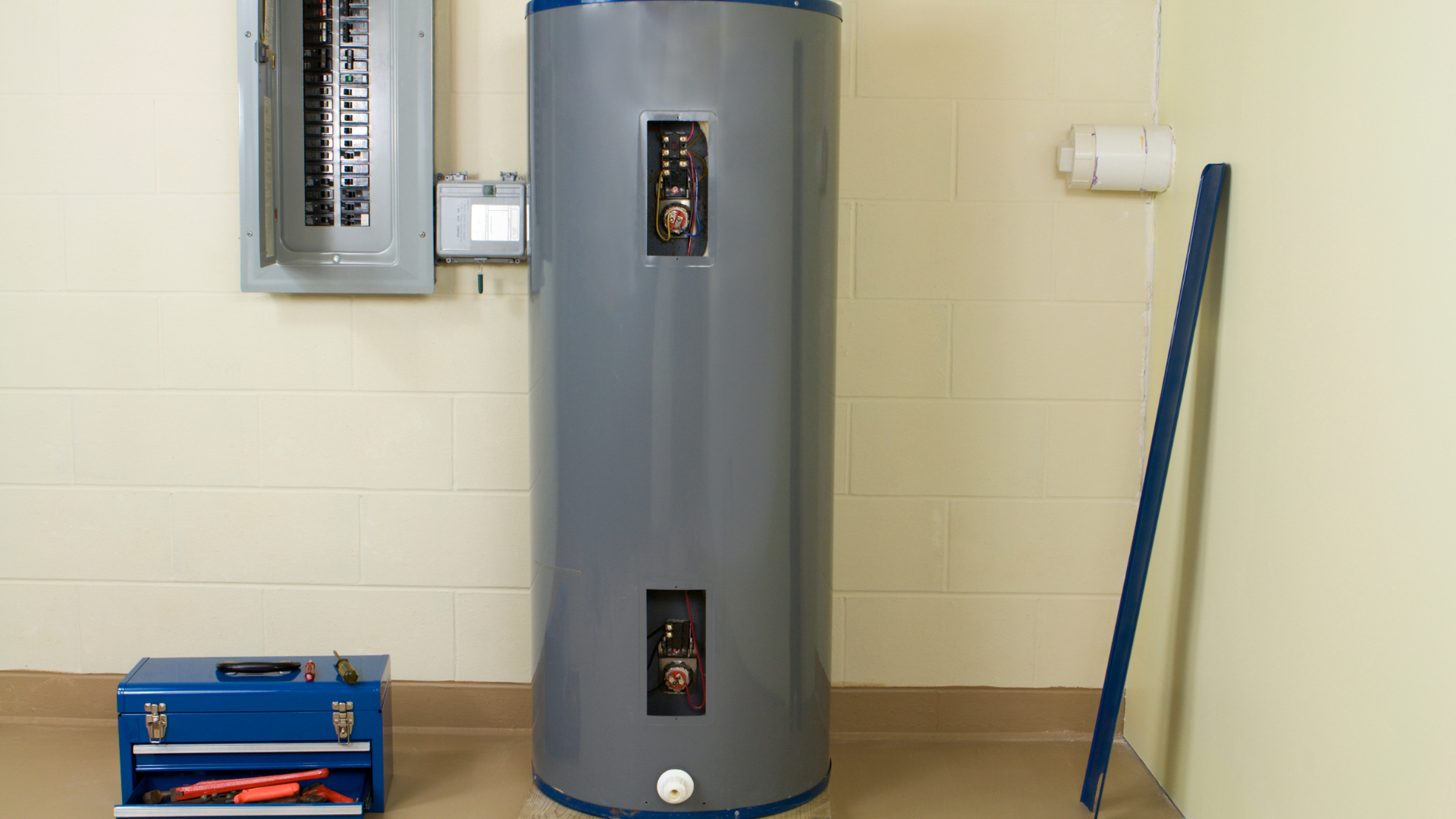Carrier: A Legacy of Comfort and Innovation in Home HVAC
A Legacy of Comfort and Innovation in Home HVAC

When it comes to heating and cooling, the name Carrier often comes to mind, and for good reason. With a rich history rooted in the very invention of modern air conditioning, Carrier has solidified its position as a leading brand in the home services industry. For homeowners seeking reliable, efficient, and technologically advanced HVAC solutions, Carrier offers a diverse range of products backed by a century of expertise.
A Century of Cool: Carrier's Enduring History
The story of Carrier begins with Willis Carrier, a visionary engineer who, in 1902, designed the world's first modern air conditioning system. This groundbreaking invention revolutionized industries and forever changed how people live and work. In 1915, Carrier and six other engineers pooled their resources to establish the Carrier Engineering Corporation, an independent company dedicated to manufacturing and distributing HVAC systems.
Over the decades, Carrier continued to innovate, introducing advancements like the centrifugal refrigeration machine (chiller) in 1922, which expanded air conditioning beyond commercial applications into homes. While the company was acquired by United Technologies (UTC) in 1979, it was spun off as an independent company again in 2020 as Carrier Global Corporation. Throughout its history, Carrier has maintained a commitment to research, design, and developing cutting-edge solutions for residential and commercial comfort.
Price Point: Investing in Premium Comfort
Carrier products generally fall into the mid-to-high end of the price spectrum for HVAC equipment. While the exact cost can vary significantly based on factors like system type (central AC, heat pump, furnace, ductless mini-split), tonnage, efficiency ratings (SEER2), and specific features, homeowners can expect to pay a premium for Carrier's reputation for quality and innovation.
For a central AC unit, installed costs can range from $8,000 to $15,000+, with higher-tier models and those with advanced features pushing towards the upper end. Their Infinity® series, for instance, offers the highest SEER2 ratings and advanced features, commanding a higher price. The Performance series balances efficiency and affordability, while the Comfort series provides reliable, budget-friendly options. While the initial investment might be higher than some competitors, many homeowners find the long-term benefits of efficiency, reliability, and quiet operation to justify the cost.
Warranty: Consumer Choice and Peace of Mind
Carrier offers a robust warranty program, with a unique "Consumer Choice Warranty" for residential applications. Upon timely registration (within 90 days of installation), homeowners can typically choose between two options:
- 10-year parts-only limited warranty: This provides extended coverage for parts, with labor costs being the homeowner's responsibility.
- 5-year parts limited warranty plus a 3-year labor warranty: This option offers a shorter parts warranty but includes coverage for labor during the initial years.
If the equipment is not registered within 90 days, the standard warranty typically defaults to a 5-year parts-only warranty. It's crucial for homeowners to register their products promptly to maximize their warranty benefits.
Reputation: A Leader in Innovation and Reliability
Carrier boasts an excellent reputation in the HVAC industry, consistently ranking among the top brands. They are widely recognized for:
- Innovation: Carrier is a pioneer in HVAC technology, continuously developing new features that enhance energy efficiency, indoor air quality, and overall comfort. Their Greenspeed® intelligence and variable-speed compressors are examples of their commitment to advanced solutions.
- Quality and Reliability: Homeowners often praise Carrier systems for their durability and long lifespan, with many units lasting for two decades or more with proper maintenance.
- Efficiency: Carrier offers a wide range of highly efficient models with impressive SEER2 ratings, helping homeowners reduce energy consumption and lower utility bills.
- Quiet Operation: Many Carrier models are designed for exceptionally quiet performance, a significant advantage for residential settings.
- Broad Product Range: From central air conditioners and furnaces to heat pumps and ductless mini-splits, Carrier provides a comprehensive portfolio to meet diverse home comfort needs.
U.S. News & World Report has consistently named Carrier as a top HVAC company, citing their technologically advanced, innovative, reliable, and high-quality products.
Where is Carrier Manufactured?
Carrier maintains a global manufacturing footprint. While specific components and product lines may be produced in various locations, Carrier has manufacturing facilities in the United States and Mexico, among other international locations.
In the U.S., Carrier has manufacturing and product development operations in locations such as
Collierville, Tennessee, and Indianapolis, Indiana. However, it's also important to note that some manufacturing of air conditioning equipment previously located in Indianapolis was moved to
Monterrey, Mexico. Mini-split systems are often manufactured in
China.
Carrier has recently announced significant investments in its U.S. manufacturing, innovation, and workforce, signaling a continued commitment to its American operations.
In conclusion, Carrier stands as a formidable brand in the home heating and cooling market, offering a legacy of innovation, a reputation for quality and efficiency, and a commitment to homeowner comfort. While their products represent a premium investment, the advanced technology, robust warranties, and proven reliability make Carrier a strong contender for those seeking top-tier HVAC solutions.
Sources:
The History of Air Conditioning from Invention to Modern Day
US Department of Energy: History of Air Conditioning
Invention of Air Conditioning Impact on the World
Click Another Article to Read More










